Climate Change Impact : Cameroon Rolls Out Two Mitigating Projects
- Par Kimeng Hilton
- 21 oct. 2022 15:42
- 0 Likes
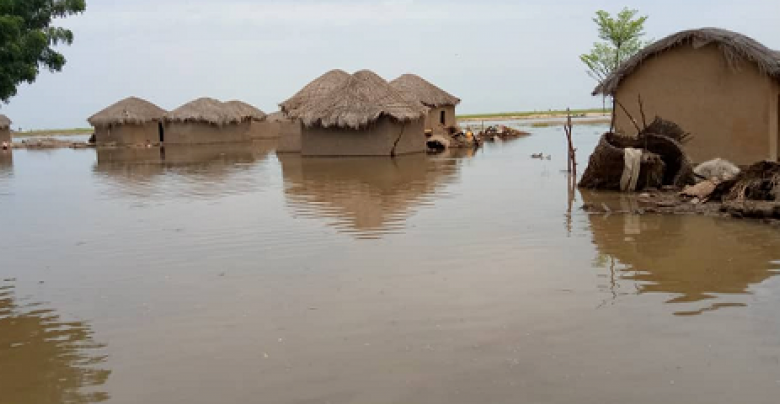
Two inception workshop held in Yaounde, Cameroon from October 20-21, 2022 during which organisers engaged with policy-makers and other stakeholders. In readiness for the United Nations Climate Change Conference in Sharm El-Sheikh, Egypt from November 6-18
The Pan-African Climate Justice Alliance, PACJA and the Africa Coalition for Sustainable Energy and Access, ACSEA, from October 20-21, 2022 launched two multi-year projects in Cameroon. They are; “Ensuring a People-centred Energy Transition in Africa Through Civil Society Engagement; and “Galvanizing and Unifying Africa's Action for Reliant Development in the Era of the Pandemic,” GUARD.
Just Before COP27
The projects, to be implemented by PACJA and ACSEA national platforms, were rolled out during two inception workshops. During organisers engaged with Cameroonian policy-makers as part of preparations for the United Nations Climate Change Conference, COP27 in Sharm El-Sheikh, Egypt from November 6-18, 2022. The combined theme was, “Ensuring a People-centred Energy Transition in Africa Through Civil Society Engagement; and Galvanising and Unifying Africa’s Action for Reliant Development in the Era of the Pandemic,” GUARD.
Floods In The News
“The workshops held at a time climate crisis is in the news with floods in several parts of Cameroon. Many cities are going without electricity for days. Some 600 million people in Sub-Saharan Africa are without electricity. It is thus time to engage stakeholders to seek solutions to this,” said Dr Augustine Njamnshi, the Executive Director of the Africa Coalition for Sustainable Energy and Access ACSEA. And also the Chair of Political and Technical Affairs with the Pan-African Climate Justice Alliance, PACJA.
Energy Access As Policy Issue
“Energy access (poverty) is a big policy issue. Climate change as an environmental issue has created a global crisis resulting in migrations, unpredictable planting seasons, food crop production…” Dr Njamnshi noted. “The workshops brought stakeholders together around two projects. The first, “Ensuring a People-centered Energy Transition in Africa Through Civil Society Engagement” seeks to influence renewable energy policy on the continent as part of decision-making by actors,” explained one of the facilitators, Eugene Nfrongwa. He is the Lead Expert on Just Transition and Energy Access with the Pan-African Climate Justice Alliance.
Building Africa’s Stance
According to him, “Galvanising and Unifying Africa’s Action for Reliant Development in the Era of the Pandemic,” GUARD will run side by side with “Ensuring a People-centred Energy Transition in Africa Through Civil Society Engagement.” Nforngwa said the workshops were meant to build the positions to be presented by civil society organisations at next month’s UN Climate Change Conference in Egypt. The goal was to receive inputs from Cameroonian stakeholders that could inform the collective action of civil society organisations from across Africa.
Shifting To Cleaner Energy
He explained that the “Ensuring a People-centred Energy Transition in Africa Through Civil Society Engagement” project started regionally in October 2021, but was just about to begin in Cameroon. The project is run in five African countries and concerns renewable energy. “The best way to address the climate crisis is to transition from dirty energy to an energy system that produces less greenhouse gases. Renewable energy sources tend to have these characteristics,” Eugene noted.
Joining The Global Trend
“Across the world, there is a campaign for a transition from dirty energy to renewable energy. But this transition entails changing productive systems. It will mean doing agriculture, carrying out factory production…differently,” said Eugene. “As part of this global movement, there are so many initiatives on introducing renewable energy in Africa. But they are not coordinated. The second problem is that they focus on the narrow interests of their promoters. There are many investments in solar energy and wind energy only. There is also emphasis on a few countries. We are trying to see that these investments are evenly distributed across Africa, consider the energy needs of poorer communities and respect environmental safeguards,” he emphasized.
Engaging Key Stakeholders
He cited the example of a solar farm competing for space because communities have been pushed out of their ancestral land to install wind energy. “We wanted to address these consequences by engaging policy-makers and private actors. Following the workshop, we expect civil society organisations to become more familiar with climate crisis processes, and build their own positions on renewal energy in Cameroon. They will help us to map out some of the challenges and policy responses to the challenges so that we can build our advocacy campaigns around them. These were the expected main outcomes of the workshop,” Eugene Nforngwa disclosed.
Explaining Africa’s Stance
According to him, Africa’s common position on COP27 has been influenced by the civil society. Africa is going to Sharm El-Sheikh with key demands: The world must acknowledge that Africa is a ...
Cet article complet est réservé aux abonnés
Déjà abonné ? Identifiez-vous >
Accédez en illimité à Cameroon Tribune Digital à partir de 26250 FCFA
Je M'abonne1 minute suffit pour vous abonner à Cameroon Tribune Digital !
- Votre numéro spécial cameroon-tribune en version numérique
- Des encarts
- Des appels d'offres exclusives
- D'avant-première (accès 24h avant la publication)
- Des éditions consultables sur tous supports (smartphone, tablettes, PC)
Reactions
De la meme catégorie
Promotion des indications géographiques : Douala, une boussole pour l’Afrique
- 18 avril 2024 11:28
- 0 likes
Mise à jour des compteurs prépayés d’électricité : des difficultés persistent
- 18 avril 2024 11:26
- 0 likes






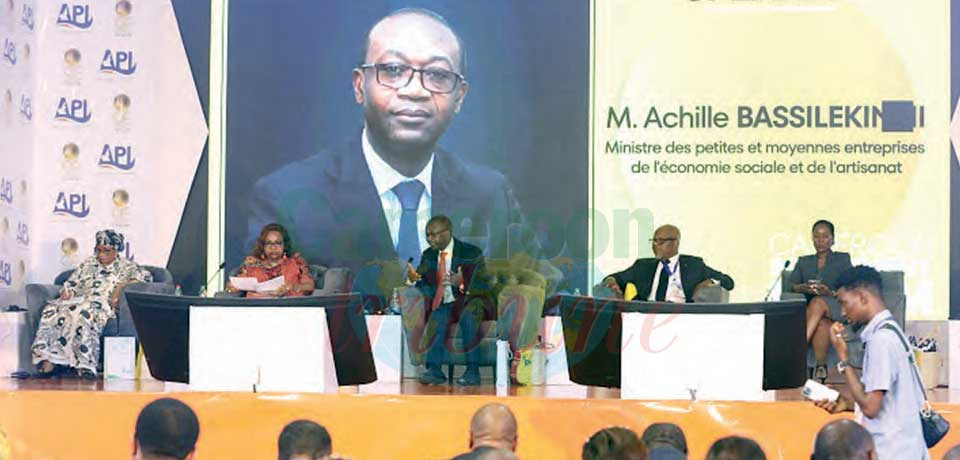
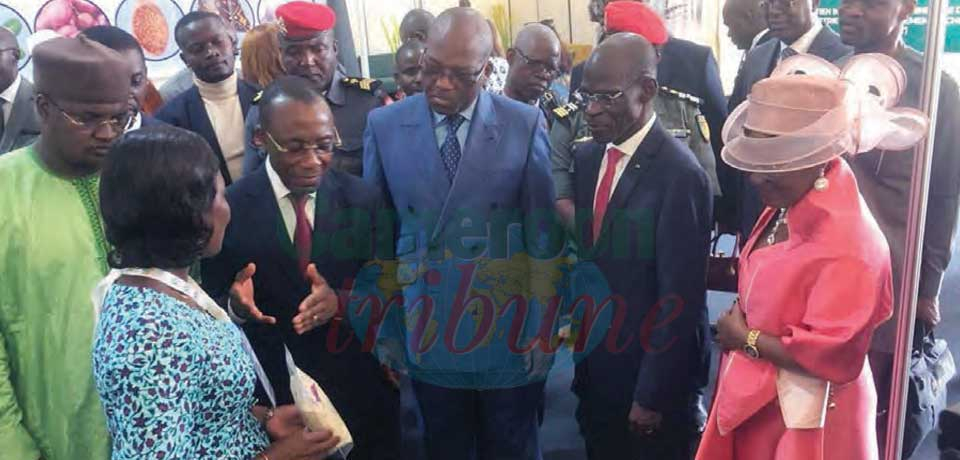
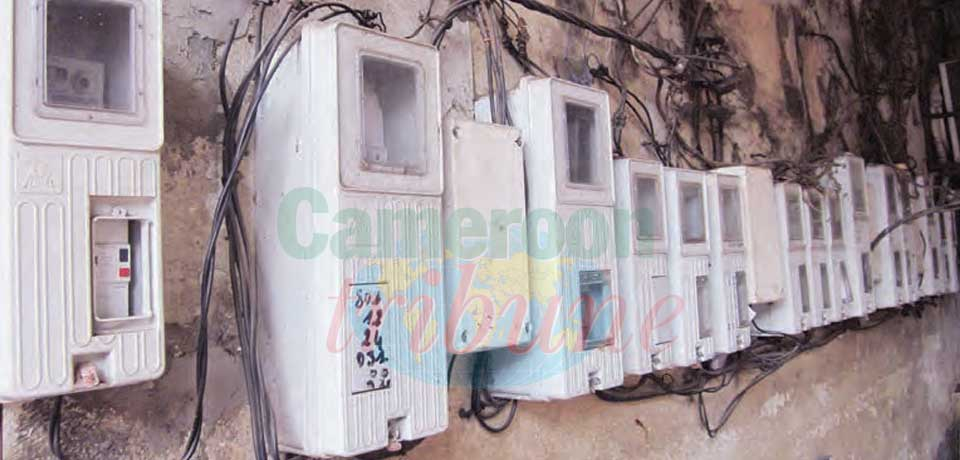
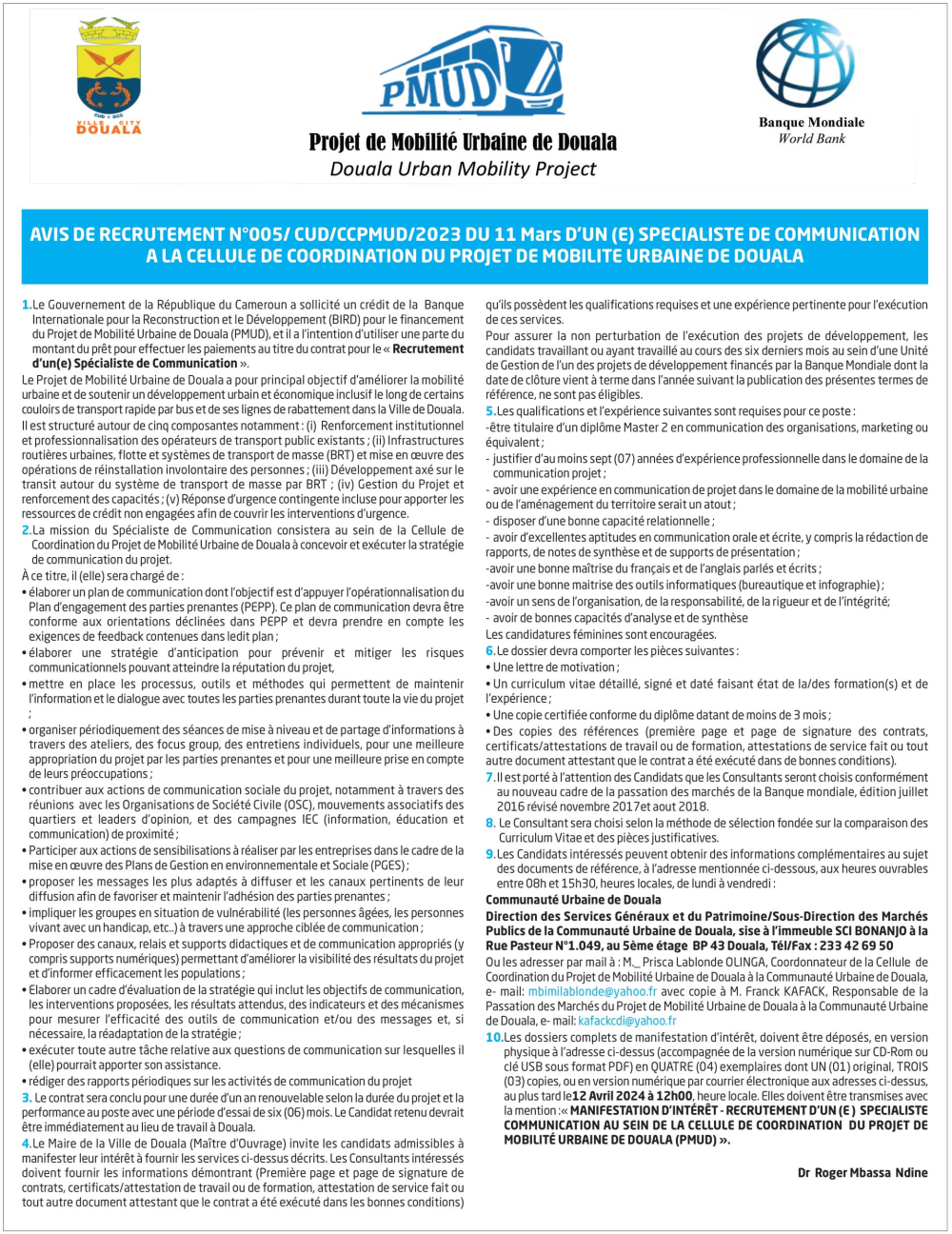
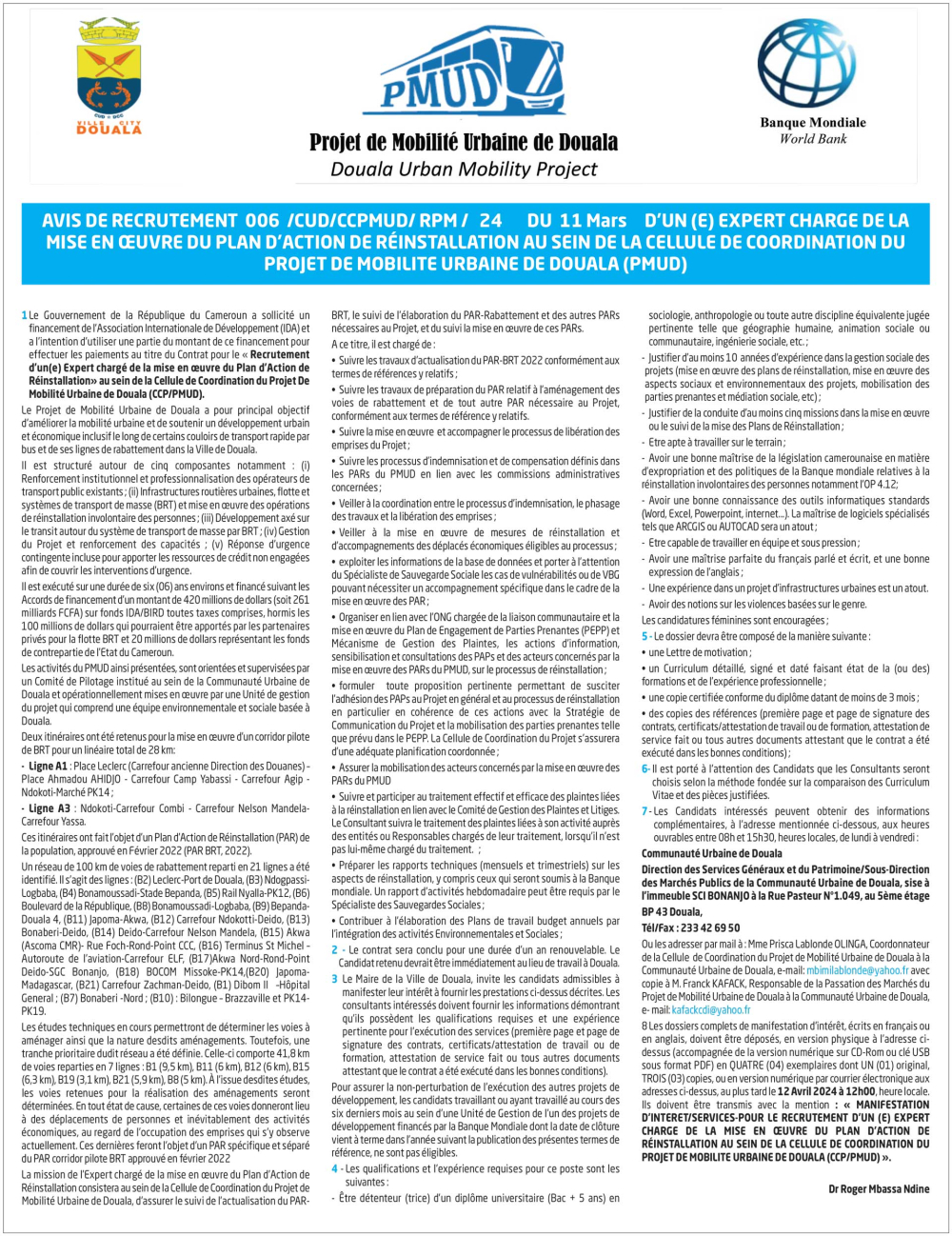
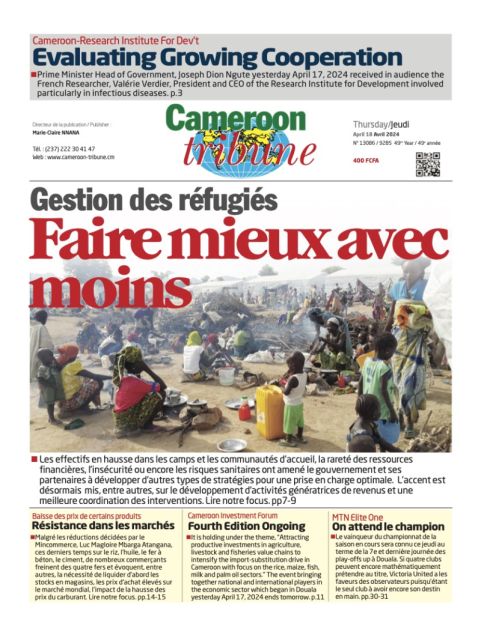




Commentaires